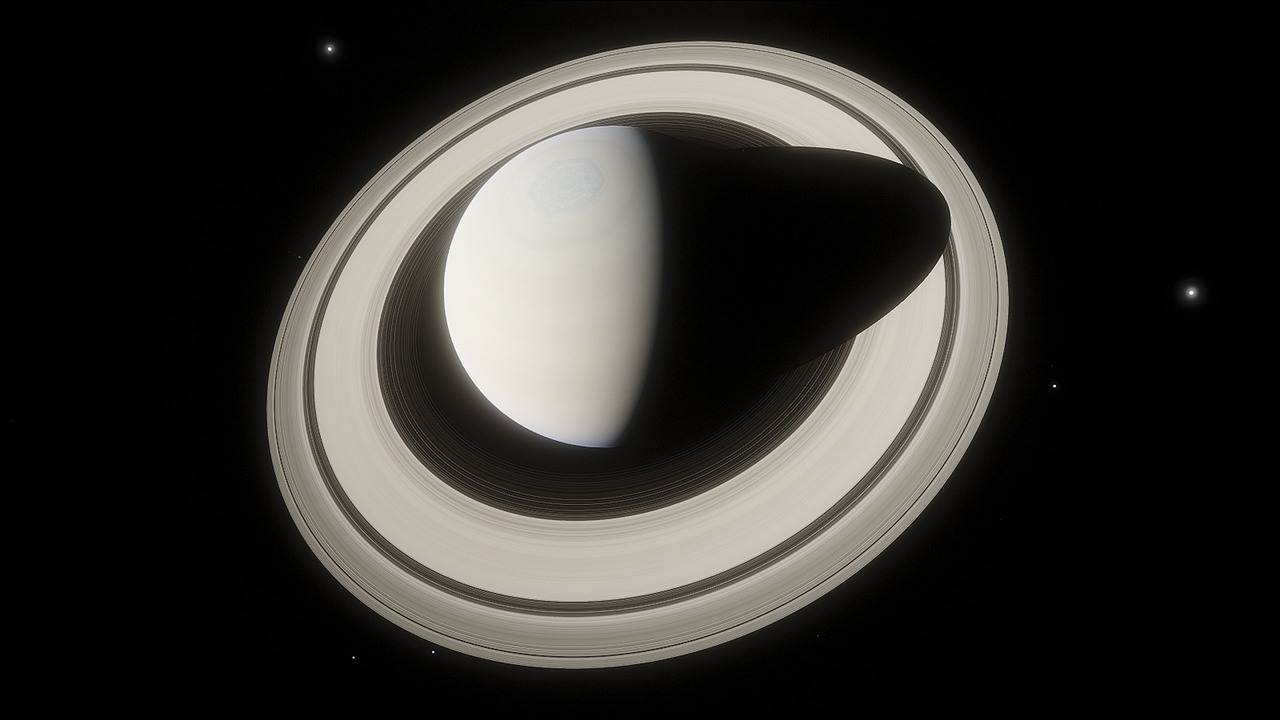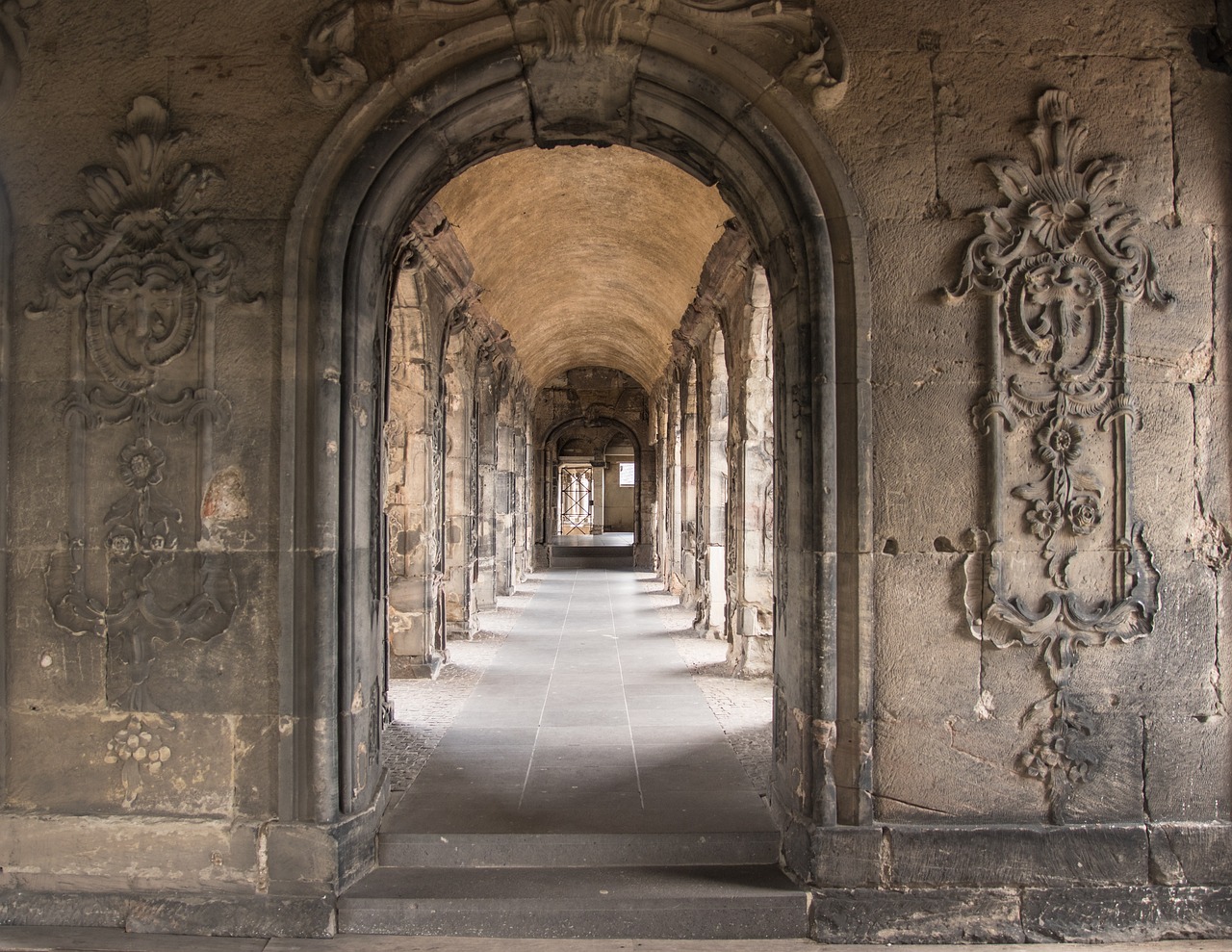Mythology
-
In ancient Egypt, the goddess Heqet held a revered position as a deity representing fertility and childbirth. Her influence extended across various periods, from the Old Kingdom to the Ptolemaic era, primarily due to her significance in fertility, agriculture, and funerary rites. Women especially revered Heqet, often invoking her blessings for protection during pregnancy. Unraveling…
-

An Enigmatic Figure of Irish Folklore Irish folklore is an elaborate and captivating collection of stories and myths that intricately weave together various characters and narratives. Few places in Europe boast such a rich selection of legends, showcasing everything from fairies to mighty warriors. These tales have inspired countless modern artistic works, including films, novels,…
-
The Mórrigan, also known by various names such as Morrighan or Morrigu, is a significant figure in Irish-Celtic mythology, often regarded as a formidable warrior-queen goddess. She embodies the themes of warfare, battle frenzy, and death. Known for her ability to transform into various creatures, she played a crucial role in the demise of the…
-

This week, we delve into a two-part exploration concerning Apollo, considered one of the most pivotal Hellenic deities revered in Rome. The question arises: How did this Greek god gain such a prominent status within Roman culture? Let’s examine both the tangible and intangible influences of Apollo in the heart of Rome. The concept of…
-

Terminus, the deity associated with boundaries, presided over the Terminalia festival, observed on February 23. This celebration signified the final religious observance prior to the Roman New Year commencing on March 1, thus marking the conclusion of the religious year. The Roman poet Ovid narrates the legends and rituals surrounding Terminus within the second book…
-

Saturn: The Agricultural God of Rome Saturn, known in Roman mythology as Saturnus, shares a narrative similar to that of Cronus from Greek lore. Often portrayed in artwork brandishing a scythe, he is primarily recognized as a deity of agriculture, particularly associated with seed-corn. One of the key highlights in the Roman calendar was the…
-
Anhur, known in Greek as Onuris, is an important figure in ancient Egyptian mythology, revered primarily as a god of war and hunting. Originating from the Thinite region near Abydos, he is celebrated for his role in protecting his father, the sun god Ra, from adversaries, earning him the title “slayer of enemies.” Anhur is…
-

The Essence and Evolution of Ancient Roman Religion Roman religion, encompassing the beliefs and practices of the inhabitants of the Italian peninsula from ancient times until the rise of Christianity in the 4th century CE, embodies a unique aspect of Classical antiquity. Renowned orator Cicero noted that Romans distinguished themselves by recognizing that all aspects…
-
Would you like to delve deeper into the fascinating character of Nephthys, the protective goddess of the deceased within Egyptian mythology? Are you curious about her involvement in the Osiris narrative, particularly in the context of his demise? Our team, captivated by the stories of ancient Egypt, has crafted an informative exploration of the myths…
-
Introduction Geb, the revered Egyptian deity of the Earth, plays a pivotal role in the rich tapestry of ancient Egyptian mythology. Commonly illustrated as a figure reclining upon the ground, with his green skin symbolizing plant life, he represents the earth’s fertility and nurturing characteristics. This article delves into the essence of Geb, highlighting his…


